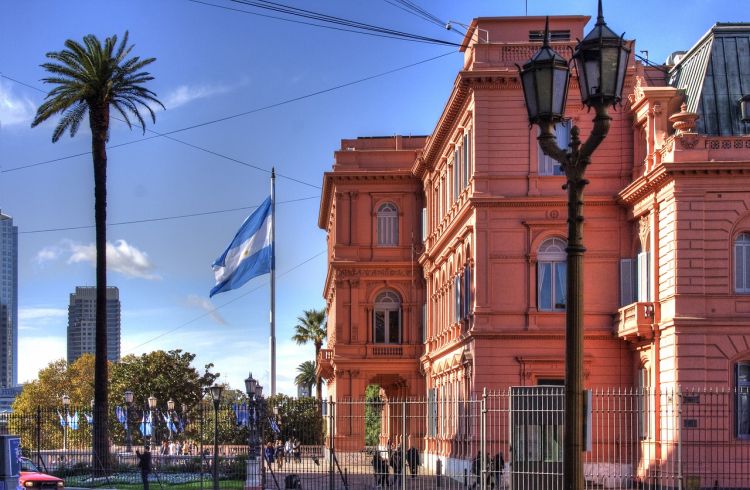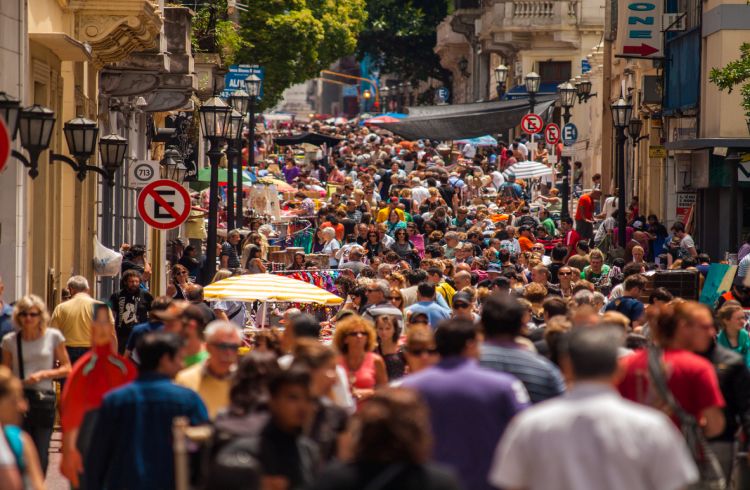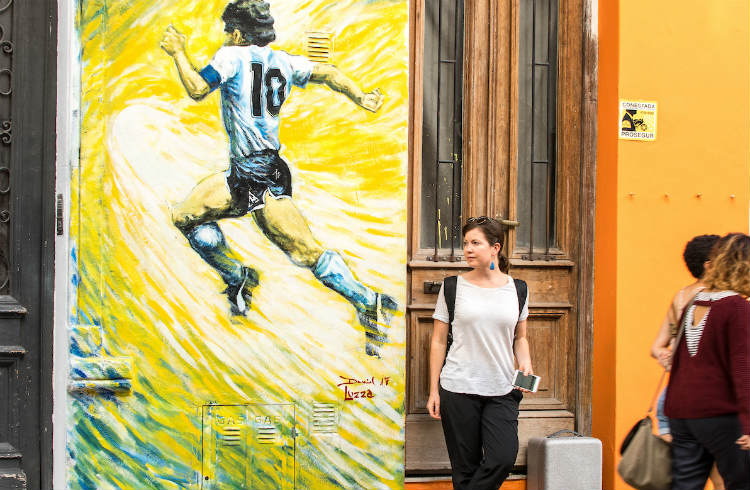Local Laws in Argentina: What You Should Know Before You Go
Find out what social and cultural topics might be a bit sensitive in Argentina, and brush up on the local laws and etiquette tips before you go.
 Photo © Photo by Herbert Brant from Pixabay
Photo © Photo by Herbert Brant from Pixabay
Politics in Argentina
Be aware, talking politics as a foreigner can be a risky business.
Avoid speaking about England or Great Britain and the Falkland Islands including the Falklands War. In fact, you shouldn‘t even be referring to the islands with its British name – use Las Islas Malvinas instead.
Also, avoid talking about the Perón years and the military junta.
These are very sensitive subjects to many Argentines and can cause offence.
Don’t fly the English flag
In fact, it's best to avoid wearing any English or British symbols. English and British flags, as well as English national football (soccer) tops, are definitely to be avoided. Anniversaries of the conflict are always an occasion for demonstrations outside the British Embassy by various activist groups in support of Argentina's position on the Falkland Islands. There is usually a demonstration at the Embassy on 2 April each year.
Local laws
Be aware local laws in Argentina may be different to what you know at home.
Offences committed against national symbols carry a penalty of imprisonment between six months and four years. This penalty is increased if the act is committed in conjunction with another offence, for example, defiling a national flag that has been stolen.
So don‘t get drunk and do anything stupid. You could be nursing your hangover with an extended stay in Argentina prison. If you are arrested, you do have rights to legal representation, to remain silent and access to a translator if needed.
The legal drinking age in Argentina is 18 and there are different blood alcohol limits for drivers; 0.02% for scooters and motorbikes, 0.05% for other vehicles.
Penalties for drug offences, even possession of small amounts, are severe and include lengthy imprisonment in local jails.
While prostitution may be legal in Argentina, organised prostitution such as brothels is illegal. Many of the women are from poor areas or countries and have been trafficked against their will or kidnapped. The industry is unregulated meaning that there is a high risk of catching sexually transmitted diseases.
It's a good idea to always carry a photo ID with you as police may ask for it. Always be polite and never give them any attitude.
Argentina became the first country in South America to legalize same-sex marriage in 2010 and as a result, the rights of LGBTI people are protected. Buenos Aires has a lively gay scene and is home to the biggest gay pride parade in South America, held in November each year.
Related articles
Simple and flexible travel insurance
You can buy at home or while traveling, and claim online from anywhere in the world. With 150+ adventure activities covered and 24/7 emergency assistance.
Get a quote

1 Comment
Sorry, Allyson, but the biggest LGBT+ pride parade in South America is in São Paulo, Brazil, usually during the Corpus Christi extended holiday in May or June (the 2020 edition was canceled due to COVID-19). In fact, Guinness lists the São Paulo parade as the biggest in the WORLD, with crowds of 3-5 million people, while according to Wikipedia, the Buenos Aires parade has around 200,000 attendants. According to the same source, the parade in Rio de Janeiro also gathers over 500,000 people and the one in Belo Horizonte, Brazil's third-largest metropolitan area, ties with Buenos Aires at 200,000.